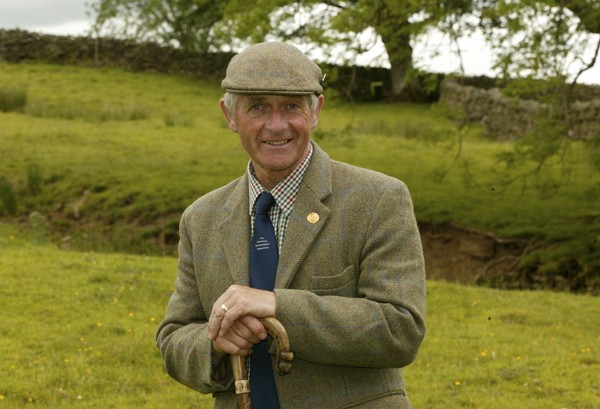Upland Keeper

I assume most of you will have seen the news that the Government has tasked the Law Commission with reviewing the numerous pieces of wildlife legislation that are currently in place (News, Shooting Times, 22 August). For what it is worth, my thoughts are that this is long overdue, as nature does not stand still; it is ever-changing, and once something is set in stone on the statute book, it becomes difficult to change it ? you only have to look at the problems we currently have with certain species to see that.
If you look at the levels of protection of individual species ? such as geese, pine martens, birds of prey, badgers, gulls, sparrows, and so on ? as time marches on, the status of many species changes out of all recognition from the date the law was put in place. Fifty (or perhaps only 20 or 10) years ago, it may well have been the case that only one of those animals was in trouble, but what do we do when that same species, having multiplied hundreds or thousands of times over, is impacting on others ? to the point where they, too, are in danger of extinction?
From a manager?s standpoint, I really hope that we can get a far more flexible system of dealing with the issues that changing population levels bring, because as we currently stand, the rigidity of the system as it is often applied is more or less useless. It is often not the fault of the individuals who have to apply the law; it is the inflexibility of the law itself.
If this review recognises the need to manage various species in the countryside for the benefit of all the others, then it will have achieved a great deal. However, while there may be real gains to be made, there are also considerable risks, for if we do not get it right this time around, we are in for a lengthy spell when more could go wrong for the wildlife of the countryside.
Looking at lapwings
I note from a recent issue of Shooting Times that there is once again concern about the decline of the lapwing (Concern for UK lapwings, News, 26 September). I have to say, I am not surprised that it is in decline, and it will not be the only ground-nester to be in that situation. What does surprise me is that there is still a debate as to why it is in decline.
We have had the Game & Wildlife Conservation Trust?s (GWCT) work at Otterburn, which showed without doubt that predation has a major impact on wading birds. And there was another study that looked at a number of sites in the lowlands ? some, RSPB reserves ? all but one of which was failing to produce enough chicks to recruit into the population to keep it viable. The one site that was producing enough is privately managed, while a lack of pest control was the single factor missing from all the others.
We have also had Natural England?s survey of all the upland Sites of Special Scientifi c Interest, which showed that the RSPB reserve at Geltsdale had some of the poorest wader numbers of any site surveyed. Anyone who has rambled over that site at the correct time of year may have spotted the odd brood of fledged magpies or crows, and those of us at the sharp end know what damage they can do.
The impact of stoat predation needs to be considered, as well. They do not trap them, but the GWCT?s work in Teesdale, and elsewhere, has shown that mustelids have a considerable negative impact on the breeding success of the blackgrouse.
There is no need to reinvent the wheel here, or to use that other popular scapegoat of blaming farming practices. How many studies are needed before those who are responsible for managing large tracts of the countryside actually step up to the plate and meet their obligations? If they are unable to, they should be held responsible for the loss of the species in their care, and should cease to be given huge amounts of public money to buy even more land to mismanage, easing out sporting users in the process. There is no point in wringing one?s hands as the numbers decline year after year when the science is there showing them both why this is occuring and what can be done to redress the balance.
I am well aware that this is not a cheap thing to achieve. Predator control is time-consuming and, to be done effectively, requires many men on the ground. Gamekeepers may be pilloried by certain segments of the media, fuelled by sometimes completely biased anti-shooting propaganda, but what they do have in the uplands, and on many sites in the lowlands, are healthy wader populations ? along with numerous other species, for good measure ? and that is down to nothing more or less than effective control of predators, except, perhaps, a little help from the weather!








